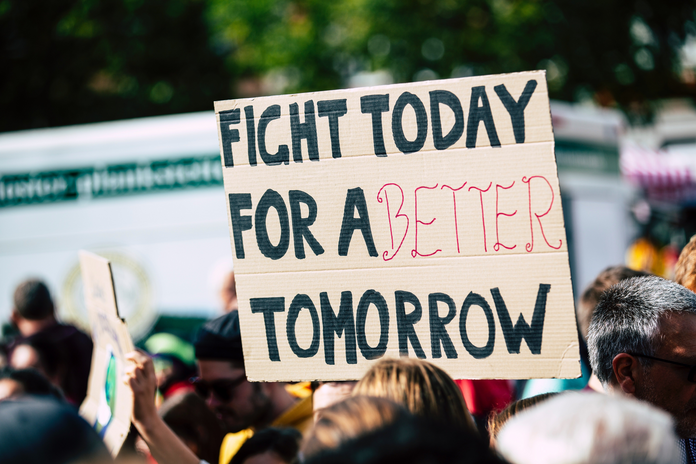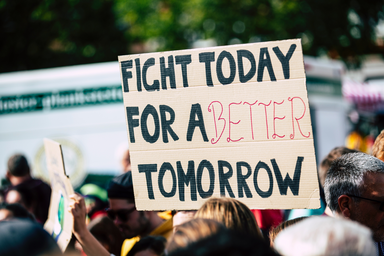The events in Atlanta have put a national spotlight on how white, male privilege can cause severe harm and death to minorities in America. The massage parlor shootings claimed 8 lives, 6 of the 8 victims were Asian women; the police are not ruling it as a hate crime-but the shooter sought out these places because they employed Asian women. The gunman’s motives were said to be sexual, that he was battling a sex addiction and found Asian-owned massage parlors to be a trigger for his addictions. The explanation for the gunman’s motive highlights how Asian women are dehumanized and seen as objects of pleasure, not people. In many opinion pieces, Asian-American women recount countless times that white men have made unwanted sexual advance towards them or have been called racial slurs. The underlining messages in each of those opinion pieces were clear, Asian-American women want to be seen as people and not be harassed for being an Asian person in America.
The stereotypes of Asian women have become embedded into the American culture through 3 main tropes: ‘Dragon Lady’, sex workers, or submissive/weak women who live to serve their mates. The ‘Dragon Lady’ trope dates to the 1930s, where a famous Asian-American actress played a villain that was mysterious, calculated and used her sexuality to ‘force’ men to do her will. The trope would also appear in a popular comic ‘Terry and the Pirates’ dating to circa 1930s; from 1930s until recent movies like Fantastic Beast, you will find this stereotypical trope lingering in Hollywood films. The origins of Asian women being seen as sex workers and submissive women can find its roots in American policy and the U.S. military.
In 1875, the U.S. government passed the Page Act that prohibited Chinese women from migrating to the U.S. for ‘immoral purposes’ a.k.a prostitution, which started the myth that Asian women in the U.S. were sex workers and had loose morals. The Page Act most likely casted Chinese and Asian American women as having sexual disease-due to prostitution- and are not of the same moral fiber as Americans.
The myth of Asian women being sex workers became elevated by the many wars that were fought in Asia by the U.S. military. The ‘rest and relaxation’ stations created for military men began to create an environment for sex trafficking, prostitution, and even sexual violence toward Asian women. In some cases, the Asian women that were trafficked into ‘sex camps’ or brothels were sold to solider for sex or as wives. The myth of Asian women being easy and sexually loose found its way back to the U.S. and into Hollywood movies.
In a few of the opinion pieces that focus on awkward stereotypes, many Asian women are approached by white veterans that tell them stories about meeting Korean girls and that they ‘reminded’ that veteran of that Korean girl. The Asian-American women all state that it made them feel very uncomfortable and fetishized.
The American history of dehumanizing Asian and Asian-American women in the United States is not new, but on Tuesday it took a deadly turn that cost 6 Asian women their lives.



